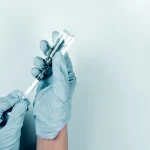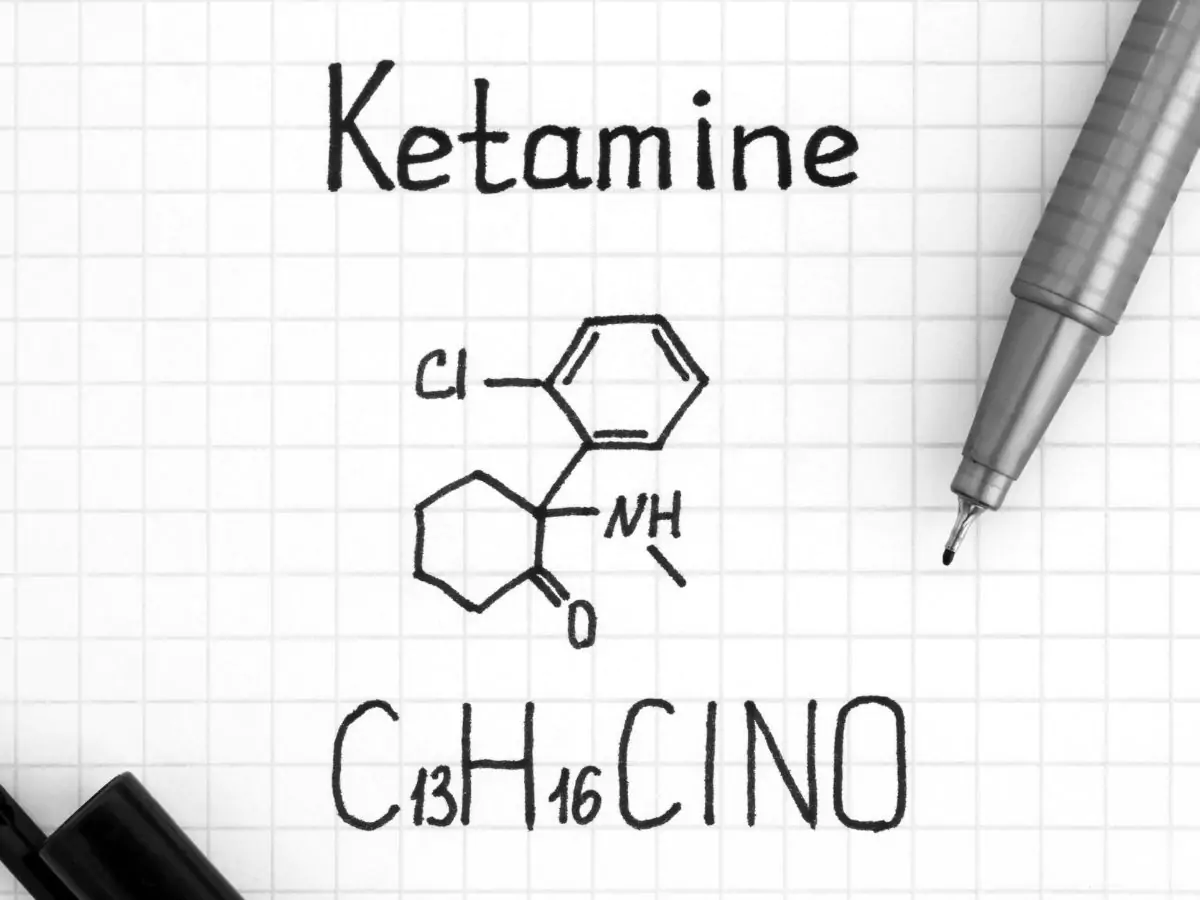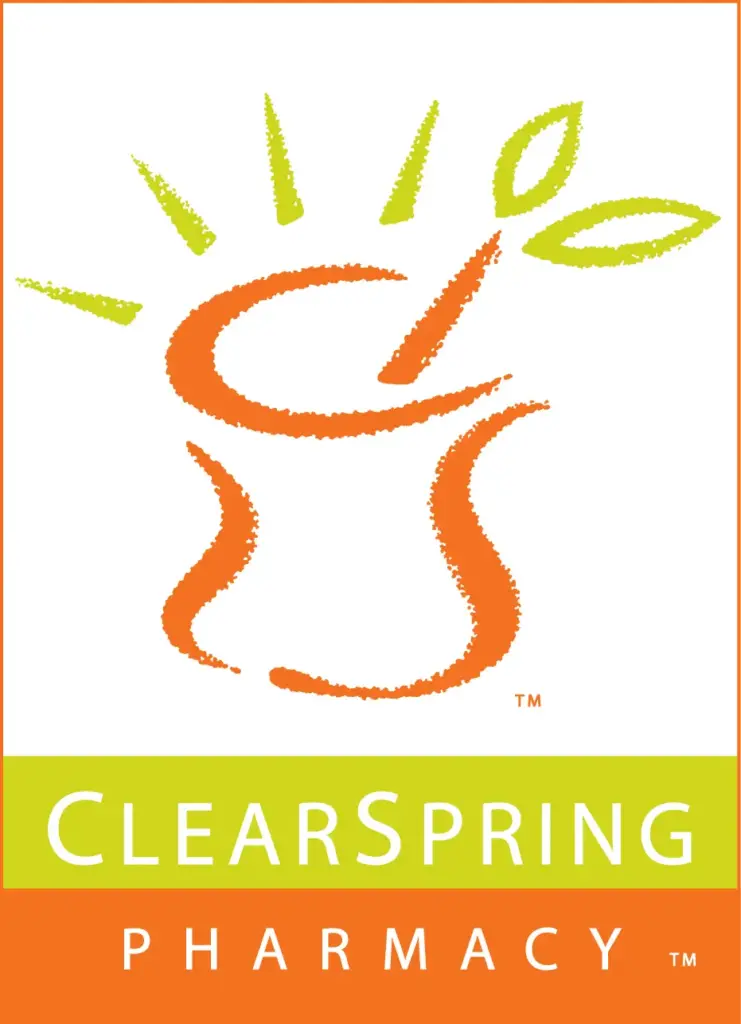Addiction and Ketamine
Like any drug, ketamine has the potential for addiction. It is essential to follow your practitioner’s instructions when taking any prescribed medicine, including ketamine.
There are two types of addiction worth considering.
Psychological Addiction
Ketamine users are more at risk for psychological addiction than physical addiction. The dissociative state ketamine induces may create a euphoric experience for the user.
Doctors take this into account when prescribing ketamine. They monitor their patients in order to eliminate overuse or misuse of the drug.
Neurological Addiction
Users of ketamine are not at risk of neurological addiction.
Neurological addiction occurs when the brain relies on an outside source (usually a drug) for certain neurotransmitters (dopamine, serotonin, etc.).
The brain stops producing these neurotransmitters due to its dependence on the outside source. Because of this, a user may experience physical repercussions such as withdrawal, muscle pain, fatigue, and even seizures if completely cutting off the drug.
Ketamine does not work this way and cannot create a neurological addiction. Unlike oxycontin, morphine, and similar drugs, it is possible to abruptly stop taking ketamine without suffering from adverse physical side effects.
What Does Ketamine Do?
- Chronic pain
- Depression
- Anxiety
- And more
Many people have found success when treating refractory depression. This is a form of depression that persists after two or more trials of antidepressants (SSRIs).
However, ketamine must be used with caution to avoid a detrimental addiction.
Laws About Ketamine
FDA-approved ketamine is required to be taken in an office under the supervision of a medical practitioner. This helps protect against the potential for abuse.
Taking it in the office allows doctors to monitor for cardiac effects and respiratory issues and supervise any dissociative event that may occur.
Compounded ketamine, however, leaves it to the discretion of the provider.
Often, supervision is not required at smaller doses, and patients are allowed to take their medication in the comfort of their homes.
Drug Classifications
- Schedule 1 has the most substantial dependency potential, and Schedule 5 has the lowest.
- Ketamine is a DEA Schedule 3 drug. This means that it has a low to moderate potential for dependence.
- Other drugs in this category include codeine (90mg or less), anabolic steroids, and testosterone.
- This classification makes it illegal for recreational use and requires a medical professional’s prescription.

Signs of Ketamine Addiction
- Insomnia
- Irritability
- Anxiousness
- Impatience
- Clumsy or uncoordinated
- Mumbled speech
- Agitated behavior
While we may see some physical symptoms, such as skin redness in the patient, signs of addiction mainly include behavioral changes. As pharmacists, we look out for how often the patient is requesting refills and if they are requesting refills earlier than prescribed.
How to Prevent Ketamine Addiction
Medical professionals can do a variety of things to help prevent ketamine addiction. This includes limiting the number of doses patients can fill at a time.
Prescribing ketamine for no more than 30 days allows doctors to frequently re-evaluate the prescription.
Early refill requests are constantly reviewed. Our policy is to contact the doctor for any early refill request.
If a patient understands the benefits of ketamine but fears developing an addiction, they may delegate a trusted individual to monitor their medication. Taking ketamine under the supervision of their doctor is a great strategy.
Additionally, limiting access to ketamine by having someone else administer the drug will create more safety assurances for the patient.











